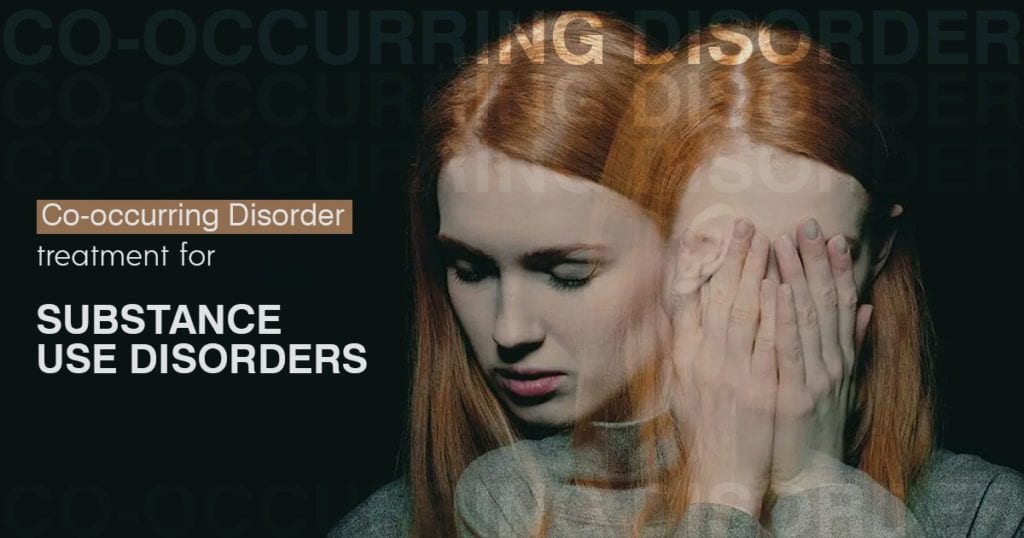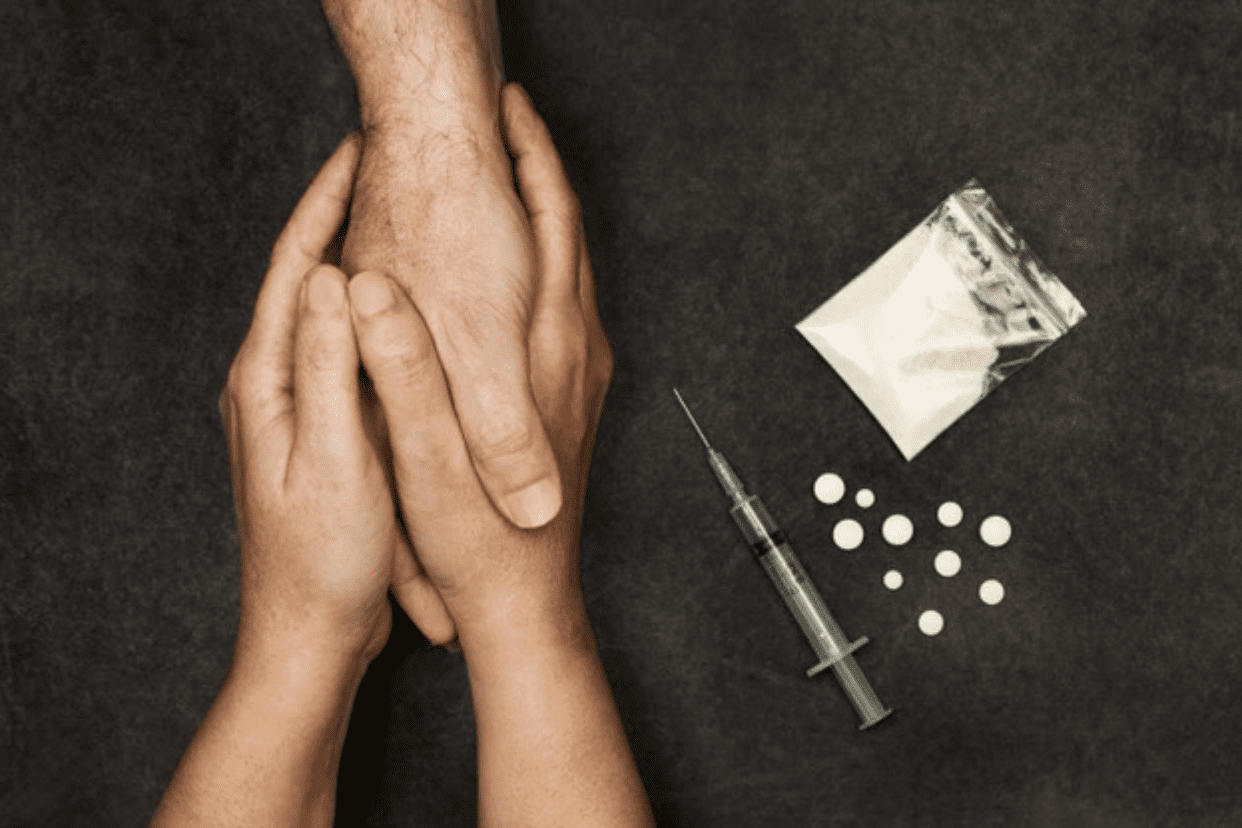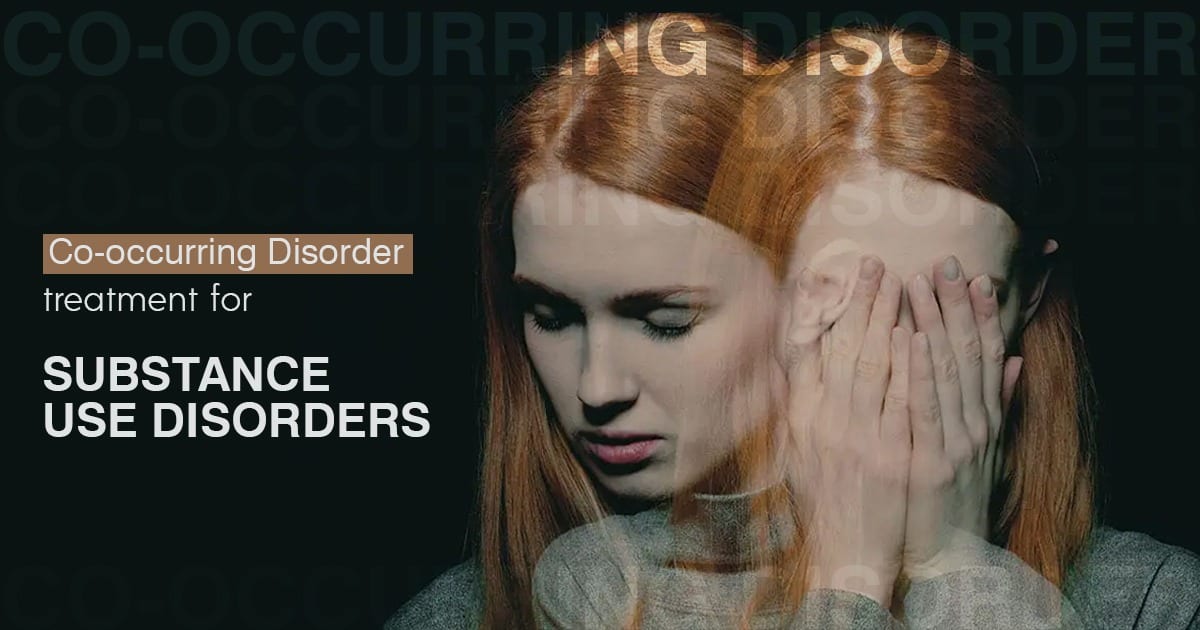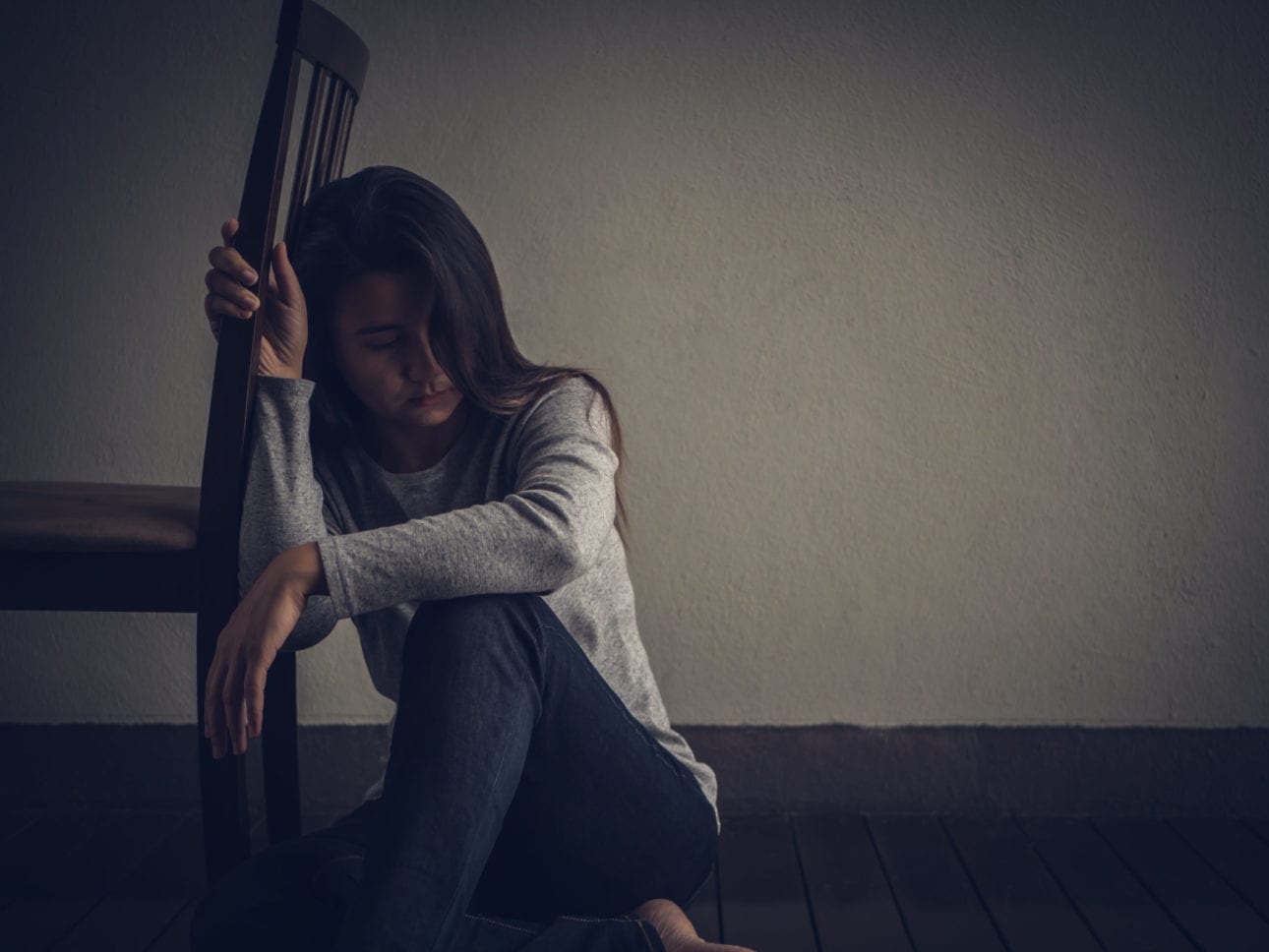There are many issues in society that people simply aren’t comfortable discussing. Sadly, many of these issues tend to go hand in hand. This is exactly the case when it comes to domestic violence and substance abuse. These are almost always found together. When someone abuses drugs or alcohol, they tend to lose control of themselves. Substance abuse has the potential to destroy relationships with loved ones. When someone surrenders control of themselves to the cycle of addiction, they tend to lash out at loved ones. This can lead to domestic violence.
At the same time, the inverse is also true. When someone is the victim of domestic violence, this can drive someone to the bonds of addiction as well. For this reason, many women who end up in the world of substance abuse are also victims of domestic violence. It is critical for everyone to know how the two are related. That way, they can get help if they need it.
What is Domestic Violence?
Domestic violence is any pattern of behavior in a relationship that is exercised to gain or maintain power over someone else. Domestic violence is a major problem in society and many people feel that the exact figures are under-reported. Domestic violence can take many forms. While many people feel that domestic violence is limited to physical abuse, this is not the case. This type of behavior can also include verbal abuse, emotional abuse, and even sexual abuse.
Domestic violence, like addiction, has the potential to cause collateral damage as well. In households where there are children involved, they can end up getting caught in the middle. This can lead to severe trauma for children, tearing a family apart. Finally, women who are victims of domestic violence are far more likely to abuse drugs and alcohol down the road.
Addiction and Domestic Violence are Related
What many people don’t realize is that addiction and domestic violence are related. The actions of domestic violence come out of someone’s desire to control someone else. When someone is under the influence of drugs or alcohol, they are going to lose control of their own inhibitions. When someone is under the influence, they are far more likely to engage in abusive behavior. Furthermore, research has shown that the vast majority of domestic violence crimes are related to the use of drugs.
Drugs have the ability to change how the neurotransmitters in the brain flow back and forth. The brain develops a need for these drugs and will do anything to force the person to find them. As a result, significant others who get in the way of this addiction will cause someone to lash out. This will lead to domestic violence. There are a few major characteristics that addiction and domestic violence share. Both activities can cause someone to lose control over the actions, engage in dangerous behaviors despite the negative consequences, will get worse over time, and can lead to both denial and shame. In many cases of domestic violence, both the abuser and the victim have a substance abuse disorder. This only complicates things further. If there are children involved, the situation only becomes even direr.
The Effects of Addiction and Domestic Violence
The effects of these two dangerous activities can lead to serious issues. When someone is the victim of domestic violence, they are far more likely to experience other mental health disorders. While substance abuse is a mental health disorder unto itself, there are numerous other complications that might result as well. Some of the problems that might arise following addiction and domestic violence include:
- The development of other dependencies including designer drugs and alcohol
- The development of eating disorders such as anorexia and bulimia
- Depression, anxiety and bipolar disorder can also start to manifest
- Post-traumatic stress disorder (PTSD) is becoming more common
These are only a few of the many mental health issues that might result when someone is the victim of domestic violence. Addiction is bad enough; however, when it is coupled with domestic violence, the consequences can be particularly severe. That is why it is important for everyone to rely on trained professionals to help address addiction and substance abuse. Nobody should have to face these problems alone.
Rely on the Professionals at Anchored Tides Recovery
At Anchored Tides Recovery, we are drug abuse and addiction treatment program designed by women because we believe that women deserve to have a dedicated cadre of professionals who know and understand them. We know that drug abuse and domestic violence go hand in hand. That is why we tailor our addiction treatment plans to meet your individual needs. If you would like to learn more about how we can help you, please contact us today.































